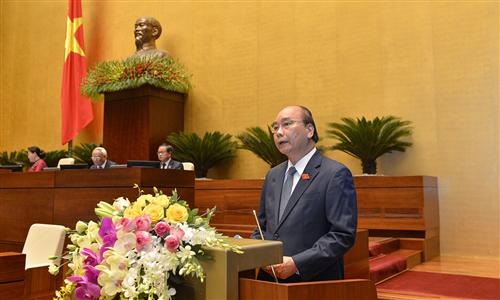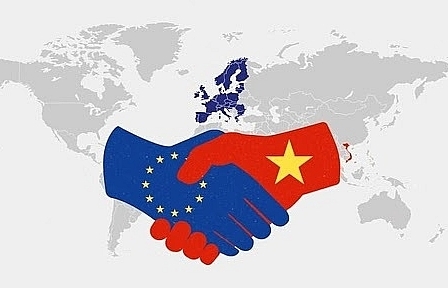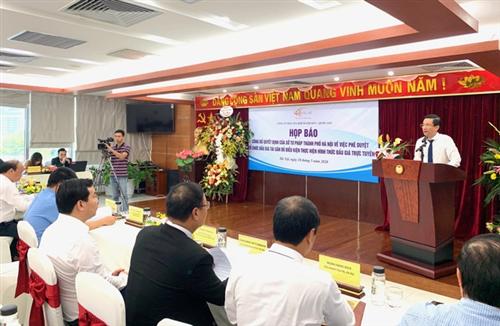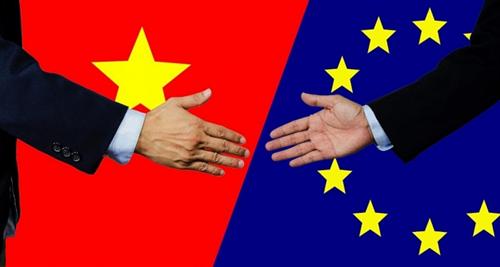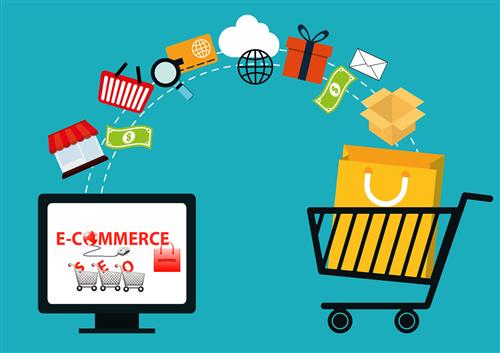How COVID-19 has impacted Vietnamese consumers
How COVID-19 has impacted Vietnamese consumers
Like all countries, Vietnam is grappling with the challenge of safeguarding livelihoods from the health and economic impacts of the coronavirus. After two months of giving up a number of routine activities, Vietnamese people are now starting to resume their daily activities and are starting to establish a new normal for business operations.

By Simon Wintels, Matthieu Francois - Simon Wintels is a partner at McKinsey’s Singapore office and Matthieu Francois is an associate partner in Ho Chi Minh City
|
Despite having experienced disruption to their daily lives, McKinsey’s mid-April consumer survey found that most citizens remain hopeful that their country will weather these tough times. This optimism, coupled with the country’s head start on recovery, is expected to play a crucial role in shaping the country’s new reality.
Out of more than 600 respondents from Vietnam, 47 per cent expressed a belief that the economy will rebound within two to three months, and will then grow at a similar or even faster rate than before the pandemic.
Interestingly, this consumer confidence stands in contrast to several more developed economies. Our ongoing global consumer sentiment study found that only 22 per cent of Australian respondents, 14 per cent of Italians, 13 per cent of South Koreans, and 6 per cent of Japanese expect their economies to rebound within two to three months.
It is likely that this positive outlook is rooted in the Vietnamese respondents’ conviction about the growth potential of a young, resilient, digitally-savvy, and dynamic country – and possibly the wider region. We see similar benchmarks of optimism in neighbouring countries, such as Indonesia (53 per cent), Malaysia (46 per cent), and the Philippines (42 per cent).
Essential service focus
What is even more remarkable from our findings is that Vietnamese respondents are still holding onto their optimism despite grappling with financial hardship. Nearly half (47 per cent) of respondents expect the COVID-19 crisis to negatively impact their ability to make ends meet, and 52 per cent feel their jobs are less secure than before the pandemic.
As a result, two-thirds (67 per cent) of surveyed Vietnamese reveal that they are being very careful about how they spend their money, even as the country begins to reopen its economy.
Essential services will remain key areas of expenditure for Vietnamese consumers, with respondents sharing intent to spend more on groceries, telecommunications, and food delivery services than they did before the pandemic. By comparison, they expressed intent to spend less on discretionary categories such as jewellery and accessories, hotel and resort stays, and flights.
Pushing digital solutions
The coronavirus outbreak has understandably brought health and safety to the fore for many people. Some 81 per cent of Vietnamese respondents say that they are focused on exercising and healthy eating – one of the highest across all surveyed countries in Asia.
The shift to digital channels is more telling. Nearly 40 per cent of respondents listed the availability of an online store or mobile app as a primary factor for why they switched to a new grocery store. In addition, respondents who are grocery shopping online say they are spending more during COVID-19 than they did before, and they intend to continue to do so after the pandemic.
Even within physical stores, this digital shift is apparent as respondents express a stronger preference for contactless payment options, such as card tapping, in-app payment, and direct mobile payment, than they did before COVID-19.
Loyalty and pride
But amid the disruptions and shifts, our findings show that Vietnamese pride and community spirit remain heartening and strong. Of all the Southeast Asian respondents, buying local resonates most with the Vietnamese, with half of them saying they do not intend to increase purchases of foreign products, compared to 31 per cent in Indonesia and 40 per cent in Thailand.
When it comes to store loyalty, only 39 per cent said they have switched from their regular stores, mostly due to the store’s proximity to home and the availability of essential goods. By comparison, while keeping in mind that distancing guidelines vary across the region, the store switch rate is 45 per cent for Thai respondents, 48 per cent for Indonesians, 59 per cent for Malaysians, and 67 per cent for Filipinos.
Brand loyalty is an area where we saw a significant, though likely temporary, shift. Three-quarters of Vietnamese respondents said they have switched brands, mostly due to availability of stock, but 95 per cent of switchers said they would return after COVID-19.
Future of retail
In previous large-scale crises, such as the 2003 SARS outbreak and the 2007-2008 global financial crisis, we observed that changes in consumer sentiments and behaviours can persist even years after key economic indicators have returned to pre-crisis levels.
As the next normal starts to take shape, Vietnamese food retailers will have to quickly adjust. They can work on their response around three imperatives: rethinking the safety, health, and scope of their supply chains; using technology to better enable delivery, the value chain, and customer experience; and reimagining their notions of consumer loyalty.
Looking at the sentiments of Vietnamese consumers, it is clear their optimism in the country’s recovery has influence over consumer spending, which will be pivotal in rejuvenating its economy.
This creates the potential for a self-fulfilling prophecy. If this is the case, Vietnam will be well positioned to emerge stronger, economically and socially, in a post-pandemic world.







